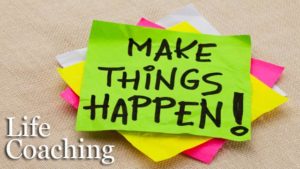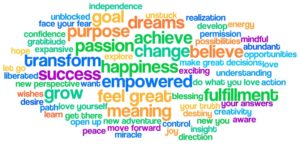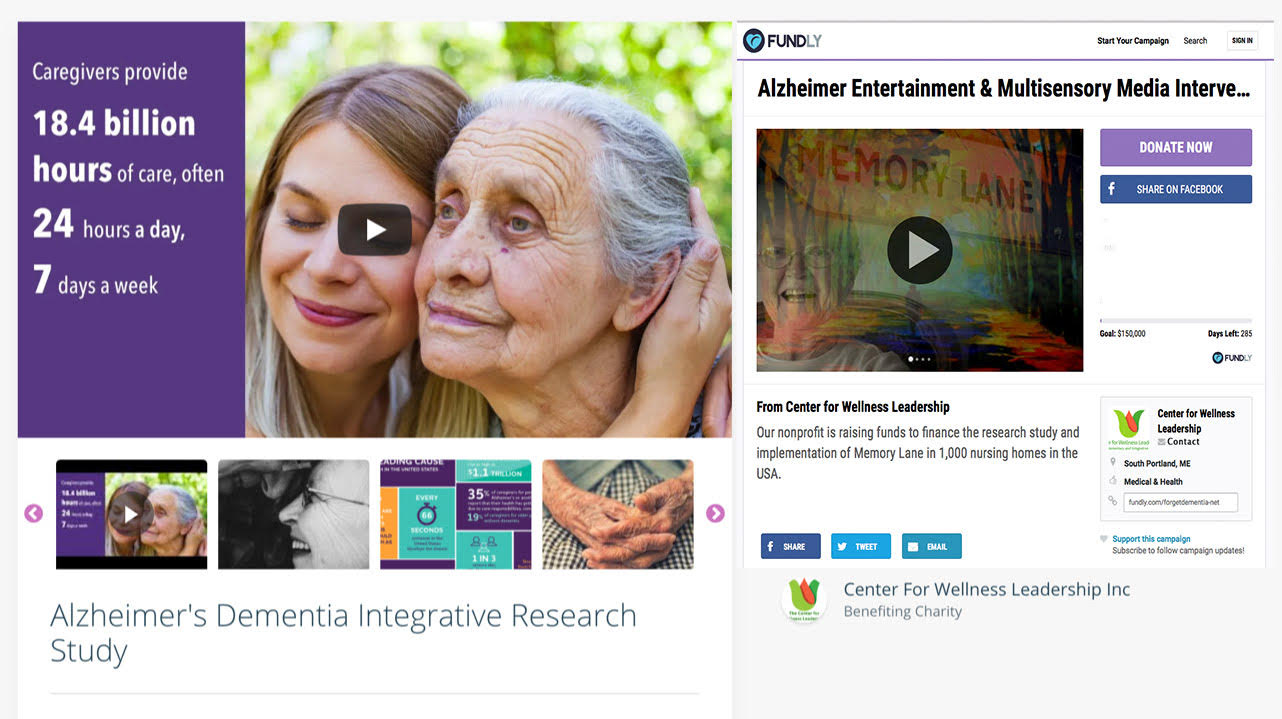Many companies and individuals must face a lack of motivation and focus in the workplace which can result in low productivity. Life coaching has been proven to improve work performance. In addition, self-confidence, relationships, communication skills, life-work balance, team effectiveness, time management are often increased. Life coaches often specialize in certain areas such as career transitions, life transitions, finding a partner, a purpose, family goals, health and wellness, spiritual and mental health coaches.









